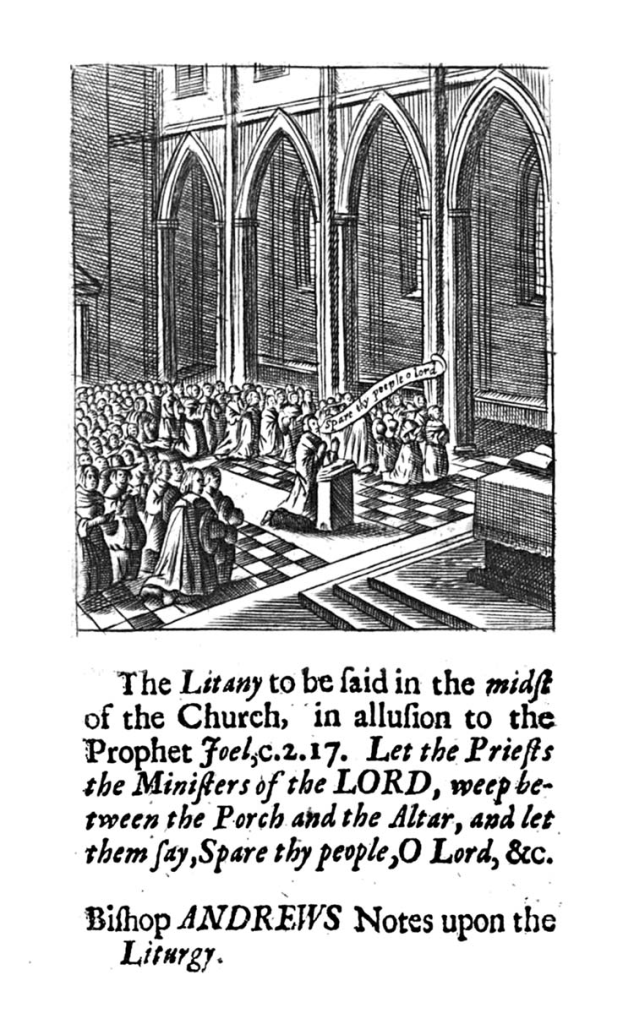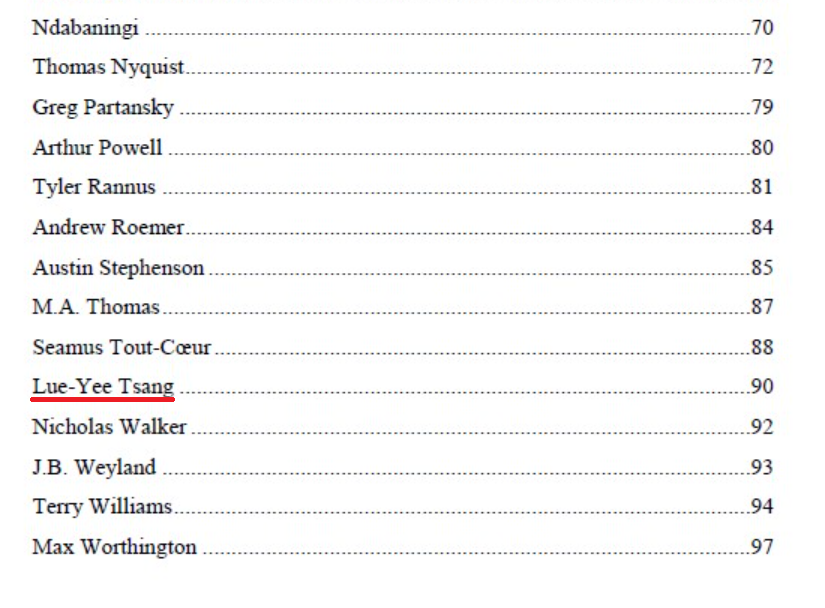Latin continues to be important for the life of Anglo-Saxon cultures. The Anglo-Saxon world, however, has four fully competent pronunciations of Latin with each its own integrity; all other variants commonly used by Anglo-Saxons are imperfect attempts to approximate one of the four.
- The restored classical pronunciation. This is a pronunciation more or less reliably reconstructed as having been current in the years when Cicero, Cæsar, Vergil, and Ovid were writing. In this pronunciation, Cæsar sounds like kye-sar to the English earl; both geminate consonants and long vowels are pronounced double in length. This pronunciation is virtually never used in English, except to quote ancient authors or imitate their way of speaking.
- The Modern English or Westminster pronunciation. In this pronunciation, Cæsar sounds like seize-er (or perhaps seize-are) to the English ear; both geminate consonants and long vowels are pronounced as if single. This is the pronunciation most native to English, by which generally one pronounces Latin words in an English sentence, as when the word cranium appears in a discussion of anatomy and is articulated as crane-ee-um; the word quasi sounds like quaze-eye.
- The Middle English or modified English pronunciation, which (in order to converge toward the pronunciations of Continental Europe) goes back before the Great Vowel Shift that took place between Middle English and Modern English. In this pronunciation, Cæsar sounds like sase-are to the English ear, and both geminate consonants and long vowels are pronounced double in length. In practice, both geminate consonants and long vowels are usually pronounced as if single. The word quasi sounds like quah-see, using the vowel qualities dating back before the Great Vowel Shift in English. Occasionally this pronunciation is approximated in daily English conversation, as in the phrase per se, pronounced per say rather than per see.
- The Italianate pronunciation, mistakenly called ‘the’ ecclesiastical pronunciation. In this pronunciation, Cæsar sounds like chase-are to the English ear, because the ‘soft c’ before e or i sounds as it does in the Italian word cello. As in actual Italian, geminate consonants are pronounced double in length, but long vowels are treated the same as short. This is the pronunciation of most English-speaking choir traditions today, but one would usually be laughed out of court using it beyond church and choir contexts, except (oddly) for the quotation Veni, vidi, vici.
Of these four pronunciations, it does not appear to me that any can be eliminated, though the Italianate pronunciation might be restricted to choral works by Italian composers, and the modified English pronunciation to other choral works. Conversely, in the interest of the English tradition of Latin, one might abandon restored classical pronunciation in favour of the modified English pronunciation, and retain a knowledge of it mainly (1) to read out an ancient passage as it might have sounded originally and (2) to understand people using that pronunciation.
And now for a bit of fun with two pronunciations of Latin:






